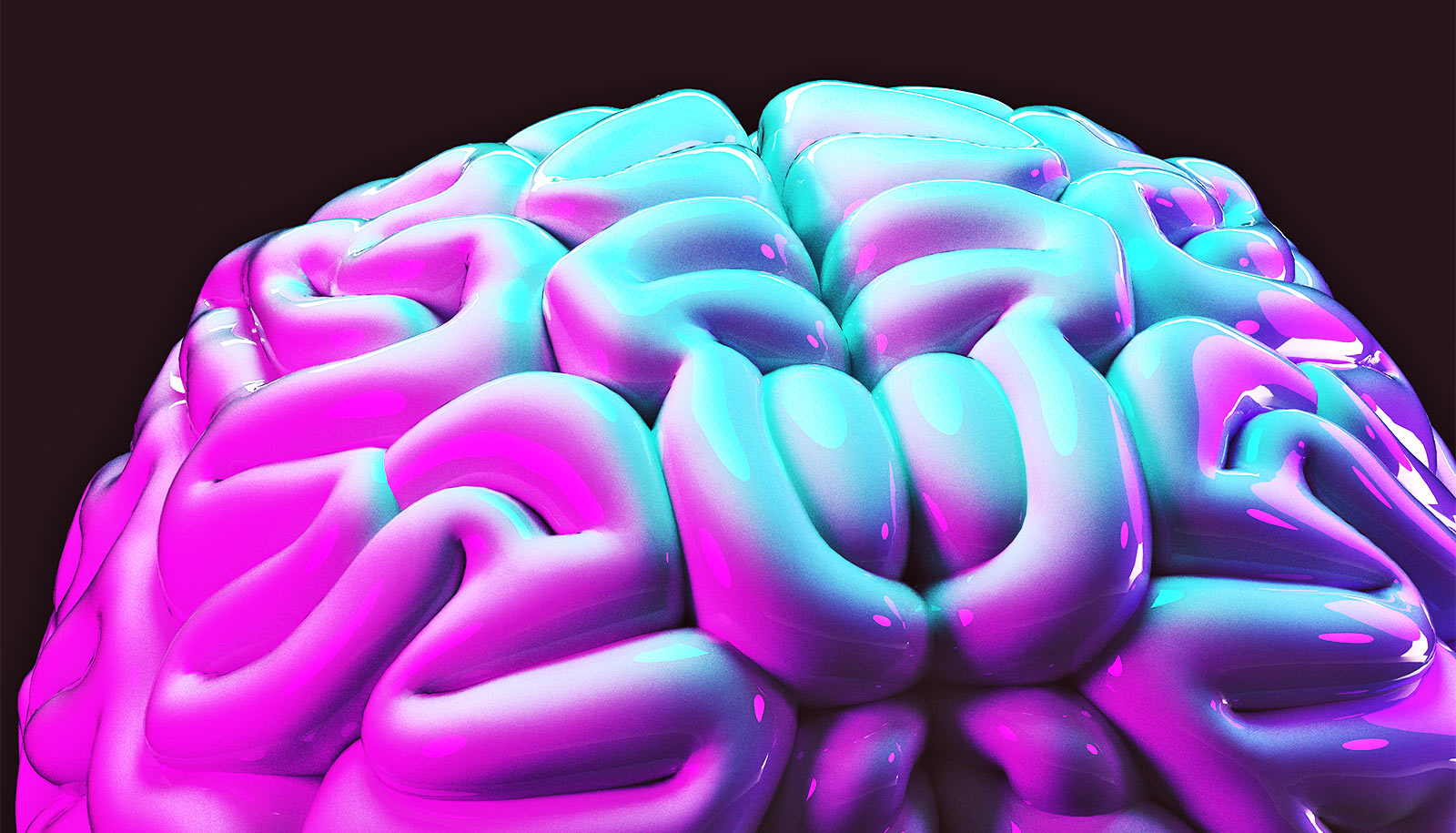A new study shows specific changes in the brain after muscle disuse that are linked with cognitive decline.
In the study, researchers found—for the first time—that just 10 days of physical inactivity leads to both insulin resistance and an increase in reactive oxygen species production in the hippocampus, the region of the brain involved in memory and learning.
They also found that just 10 days of muscle disuse elevated markers for specific proteins in the brain that are strongly associated with Alzheimer’s disease, an incurable, irreversible, neurodegenerative disease that has become the fifth leading cause of death in older adults.
The findings confirm what many have anecdotally speculated: staying physically active isn’t just good for your physical health, it also can preserve your brain health—potentially preventing or delaying the development of neurodegenerative diseases.
“If you compare the 1940s to today, the average lifespan has risen from the mid 60s to the high 70s, but the rate of type 2 diabetes has skyrocketed,” says Frank Booth, who studies the consequences of physical inactivity at the University of Missouri’s College of Veterinary Medicine.
“While the average lifespan of Americans has improved, the average health span—the number of disease-free years lived—tends to decline after age 65. Physical inactivity has already been linked to insulin resistance in the body, and we are starting to learn more about the connection between muscle disuse and insulin resistance in the brain. We want to help people live more enjoyable lives in their later years.”
And, luckily, it doesn’t take huge steps to make a difference.
Booth says that decades of previous research have shown that people who show the greatest improvements in their health are those who switch from getting no exercise to getting periodic exercise—even more improvement than those who switch from periodic exercise to regular exercise—so the most important step is to simply start.
“Research in Alzheimer’s development is starting to show that a lot of the neurological changes for Alzheimer’s disease are occurring when people are in their 40s and 50s, even if the official diagnosis of Alzheimer’s often comes at or after age 65,” Booth says.
“So, if you can develop good habits in terms of exercise and lifestyle earlier in your life, your brain will thank you later on.”
The research appears in the Journal of Applied Physiology.
Source: University of Missouri



